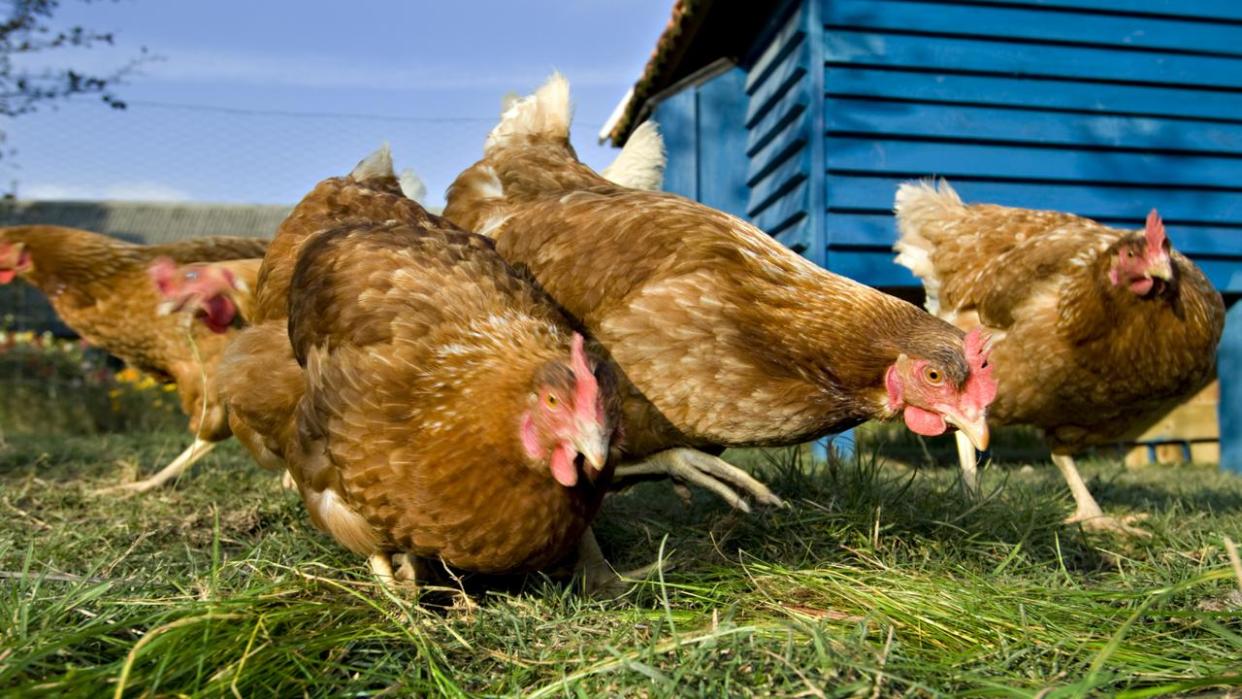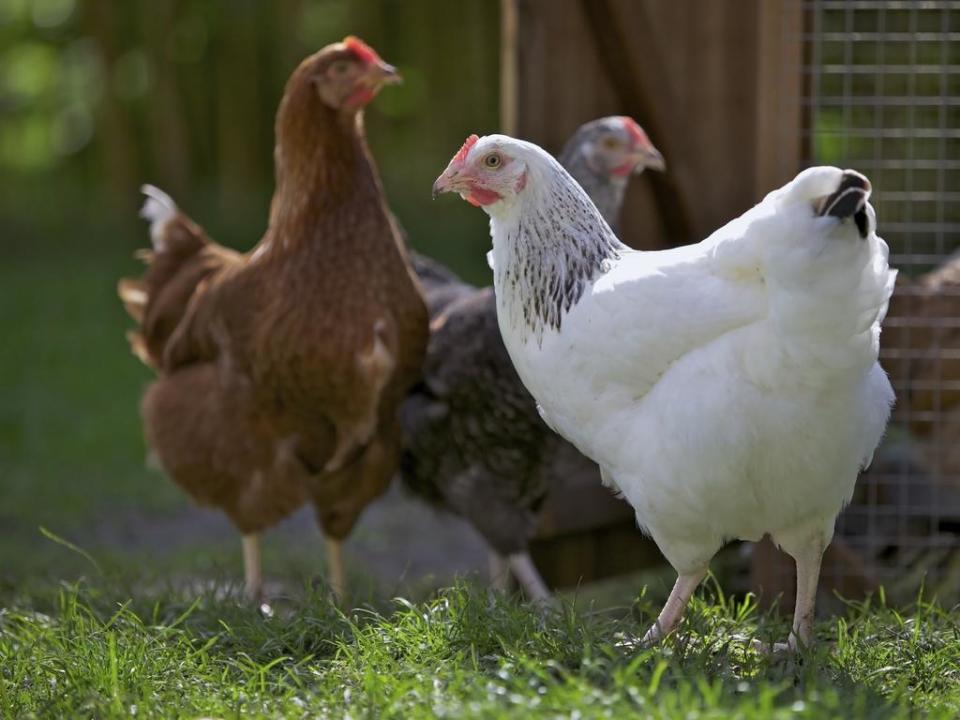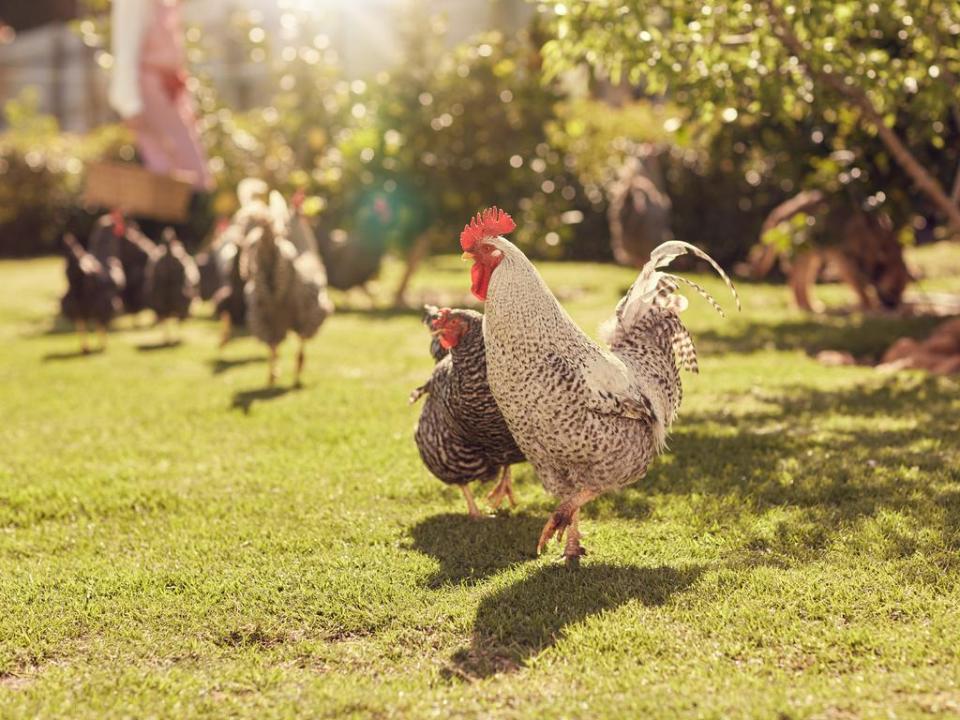Emergency declared over bird flu

A biosecurity emergency has been declared in NSW after avian influenza killed 8,000 birds and another 240,000 were euthanised on a poultry egg farm in Sydney’s north.
The CSIRO national research laboratory confirmed Avian Influenza H7N8, or bird flu, was detected in a mixed barnyard and free-range poultry farm in the Hawkesbury on Wednesday.
The strain found at the farm is believed to have come from wild birds.

NSW Agriculture Minister Tara Moriaty confirmed the highly contagious and deadly virus had killed thousands of birds in the past 48 hours, which saw the NSW Government enact its emergency biosecurity incident plan.
Ms Moriarty said a funding agreement had also been activated with the Commonwealth, egg industry and other states to compensate producers that were directly impacted.
Chicken industry farms surrounding the property where the outbreak occurred have been locked down, and a control order will be issued on Thursday to stop the movement of machinery, materials, animals and transport within 2 km of the affected farm.
The lockdown order covers three large commercial poultry farms with up to 355,000 birds that will be monitored for any signs of the virus.

“There will be no movement of eggs or birds or machinery out of the zone during the control order,” Ms Moriarty said.
Earlier today, the NSW chief veterinary Officer, who is leading the incident response, met with key industry organisations to discuss the next steps.
Ms Moriaty said they were acting on this bird flu outbreak and would do everything to work through this challenging time for the egg and chicken meat industry.
“We have their backs,” she said.

“NSW consumers should not be concerned about eggs and poultry products from the supermarkets, because this detection does not pose a risk to consumer health and the products are safe to consume.
“As always people should handle and cook using the standard procedures.”
It is rare for avian influenza to be transmitted to humans, and the current strains of bird flu do not transmit easily to people.
Most people will not contract the disease, unless they have direct contact with infect birds or animals, or their secretions.
People who had direct contact with the infected farm will be contacted by NSW Health for a risk assessment.
Symptoms are mostly mild and are similar to the flu including fever, cough, headache, aching muscles, respiratory symptoms and conjunctivitis.


